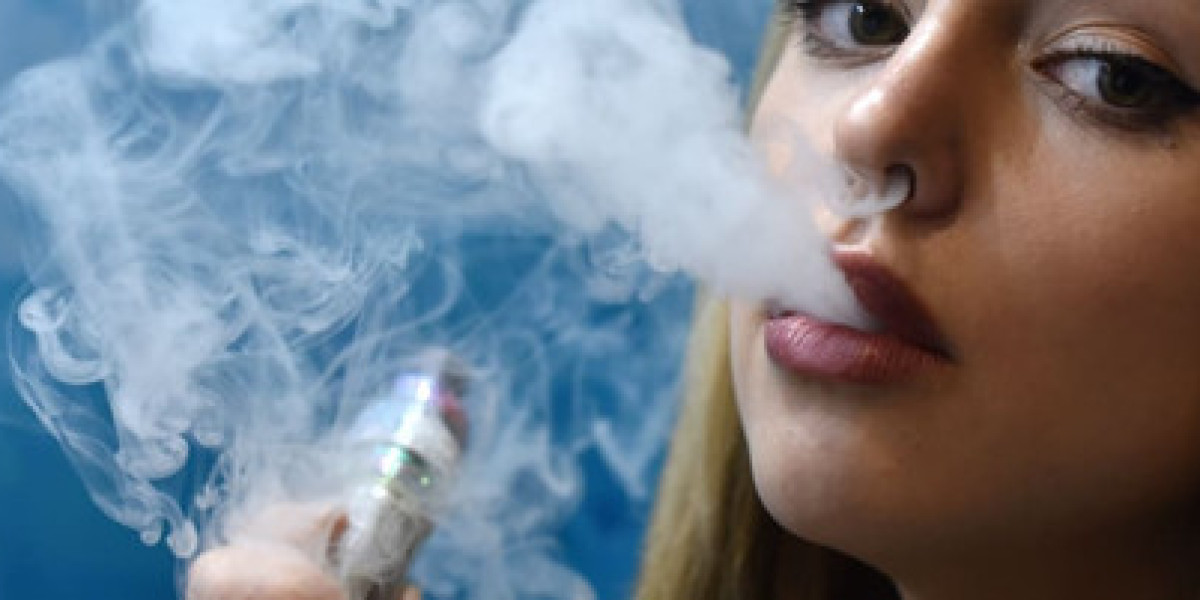The bubble tea market, a vibrant and burgeoning segment of the global beverage industry, continues to captivate consumers around the world with its unique blend of flavors, textures, and customizable options. Originating from Taiwan in the 1980s, bubble tea combines tea, milk, and tapioca pearls to create a delicious and visually appealing drink. Its appeal lies in the versatility and novelty of the beverage, which can be customized with a variety of teas, syrups, and toppings. As of 2023, the market has reached a valuation of approximately USD 3 billion and is projected to grow at a compound annual growth rate (CAGR) of 7.50% from 2024 to 2032.
Bubble Tea Market Size
In 2023, the bubble tea market achieved a milestone, reaching approximately USD 3 billion in value. This growth is not just a testament to its increasing popularity but also to the evolving consumer preferences toward unique and customizable beverage options. The market's expansion is supported by both the introduction of new flavors and the establishment of bubble tea outlets in unexplored markets.
Bubble Tea Market Trends
Health-Conscious Innovations: Consumers are increasingly demanding healthier beverage options. In response, bubble tea manufacturers are introducing sugar-free, low-calorie, and organic variants. Ingredients like oat milk and almond milk are becoming popular as dairy-free alternatives, catering to vegan and lactose-intolerant consumers.
Flavor and Ingredient Experimentation: There is a rising trend in experimenting with unique and exotic flavors to attract customers. Ingredients such as cheese foam, fruit jellies, and different tea bases like oolong and matcha are being integrated to create innovative blends.
Cultural Fusion: Bubble tea is blending with local beverages and flavors in various regions, resulting in unique hybrid offerings that appeal to local tastes while maintaining a global appeal. For example, the introduction of taro and matcha flavors has been well-received in Western markets.
Sustainability Practices: As environmental awareness increases, more bubble tea shops are adopting eco-friendly practices, including biodegradable straws and packaging, which resonate with environmentally conscious consumers.
Technological Integration: The adoption of advanced technologies for order customization, digital payment methods, and efficient service delivery systems is enhancing customer experiences. Apps and online platforms for ordering are becoming commonplace among major bubble tea chains.
Expansion into New Markets: Companies are continuously exploring new geographical territories beyond Asia, such as Europe, North America, and the Middle East, where there is significant potential for growth.
Pop Culture Influence: The global spread of Asian pop culture, especially through K-pop and Asian dramas, has boosted the popularity of bubble tea among younger demographics worldwide.
Bubble Tea Market Segmentation:
Type
Black
Green
Oolong
White
Flavour
Original
Fruit
Coffee
Chocolate
Others
Region
North America
Europe
Asia-Pacific
Latin America
Middle East and Africa
Get a Free Sample Report with Table of Contents
Bubble Tea Market Share
The bubble tea market is fragmented with numerous players, from small-scale local shops to global chains like Gong Cha and Chatime. These companies are constantly innovating and expanding their reach to capture a larger share of the market. The competition is intensifying, with brands differentiating themselves through unique flavors, ingredients, and marketing strategies.
Bubble Tea Market Growth
Strong Market Expansion: The bubble tea market, valued at USD 3 billion in 2023, is projected to grow at a compound annual growth rate (CAGR) of 7.50% from 2024 to 2032, potentially reaching around USD 5.73 billion by the end of the forecast period.
Diversifying Consumer Base: Bubble tea is increasingly popular among diverse demographic groups, particularly millennials and Generation Z, who favor customizable and innovative beverage options.
Global Spread: Originally from Taiwan, bubble tea has successfully penetrated markets worldwide, including North America, Europe, and other regions, aided by globalization and the international spread of Asian culture.
Health and Wellness Trends: The market is adapting to health-conscious consumers by introducing options with reduced sugar, organic ingredients, and dairy-free alternatives, expanding its appeal.
Technological Integration: Adoption of digital ordering systems and mobile apps for convenience and enhanced customer service is boosting sales and operational efficiency.
Innovative Flavors and Ingredients: Continuous innovation in flavors and the use of unique ingredients help maintain consumer interest and attract new customers.
Strategic Locations and Expansion: Opening new outlets in strategic locations and expanding into untapped markets are crucial for reaching more consumers and sustaining growth.
Cultural Influence: The increasing influence of Asian pop culture globally enhances the popularity and acceptance of bubble tea among international consumers.
Bubble Tea Market Analysis
A thorough market analysis indicates that consumer demand for bubble tea is not just a trend but a sustainable business segment. Strategic partnerships, innovative marketing, and product development are key factors that will determine the success of bubble tea brands in capturing and sustaining market interest.
Bubble Tea Market Forecast
The bubble tea market is forecasted to expand robustly, growing from USD 3 billion in 2023 to approximately USD 5.73 billion by 2032, reflecting a CAGR of 7.50%. This growth is fueled by increasing global demand, driven by cultural trends, health-conscious product innovations, and technological advancements in service and delivery. As bubble tea continues to integrate into different cultures worldwide, key market players are likely to invest in expanding their geographical footprint and enhancing their product offerings to cater to a broader audience, ensuring the market's vigorous expansion over the coming years.
Competitor Analysis
Dama Foods International Co., Ltd. - Based in Taiwan, Dama Foods is renowned for its quality ingredients and innovative bubble tea products, reinforcing Taiwan's reputation as the birthplace of bubble tea.
Lollicup USA Inc. - A significant player in the United States, Lollicup is not only a retailer but also a major supplier of bubble tea materials, including tapioca pearls and tea leaves.
Fokus Inc. - This company has made its mark by offering a range of Asian-inspired beverages, with bubble tea being a prominent offering aimed at diverse markets.
Cuppo Tee Company Limited - Known for its premium ingredients and authentic flavors, Cuppo Tee Company has carved out a niche in the market by emphasizing traditional Asian tea culture.
CoCo Fresh Tea & Juice - As one of the largest bubble tea chains globally, CoCo Fresh Tea & Juice offers a wide variety of bubble tea flavors and has a strong international presence.
Yummy-Town USA LLC - This company caters to the North American market with a focus on delivering high-quality bubble tea and exceptional service.
Biju Bubble Tea - Based in the UK, Biju offers a modern twist on traditional bubble tea, focusing on natural and organic ingredients, with a transparent approach to its menu.
Others - The bubble tea market also includes numerous smaller and regional players who contribute to local market dynamics and add to the industry's diversity and innovation.
Read Full Report with Table of Contents
Frequently Asked QuestionsQ: What are the key factors driving the growth of the bubble tea market?
A: Key factors include the global popularity of Asian cuisine, increasing demand for customizable beverage options, and innovations in bubble tea products.
Q: How are bubble tea businesses adapting to changing consumer preferences?
A: Businesses are introducing healthier variants, utilizing organic ingredients, and enhancing customer experience through digital integration and creative marketing strategies.
Q: What challenges does the bubble tea market face?
A: Challenges include maintaining product quality across franchises, navigating health regulations, and differentiating products in a saturated market.
Media Contact:
Company Name: Claight Corporation
Contact Person: Emily Jacks, Corporate Sales Specialist – U.S.A.
Email: sales@expertmarketresearch.com
Toll Free Number: +1-415-325-5166 | +44-702-402-5790
Address: 30 North Gould Street, Sheridan, WY 82801, USA
Website:www.expertmarketresearch.com



